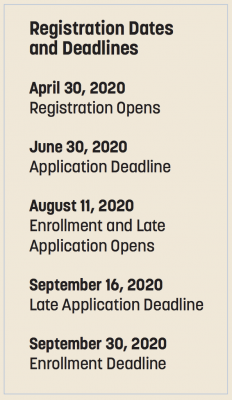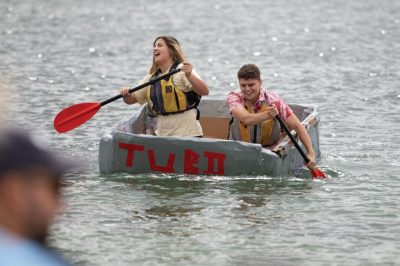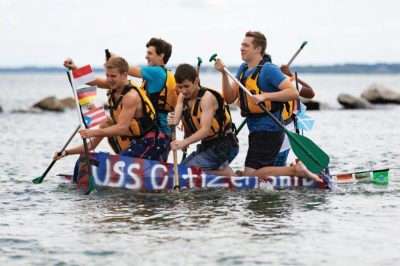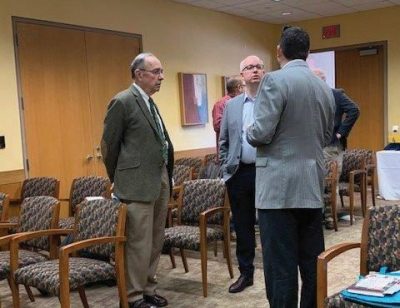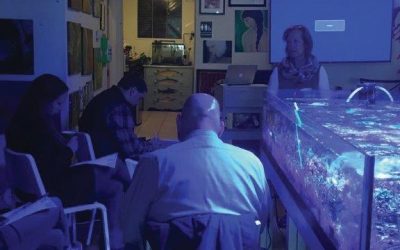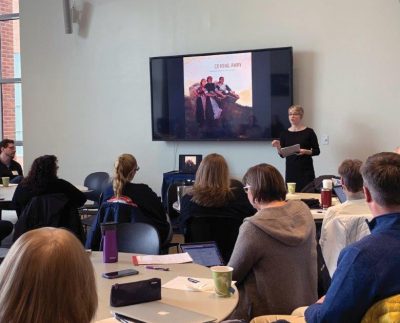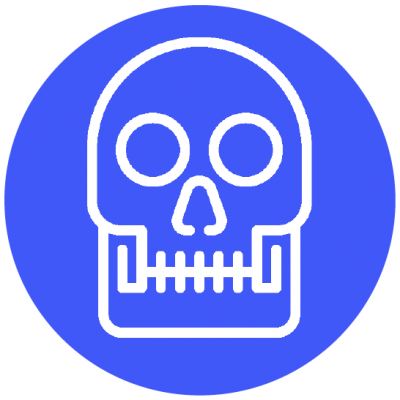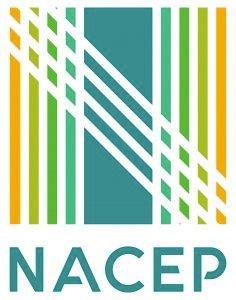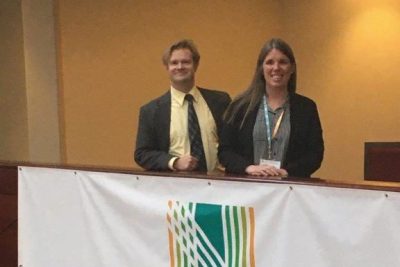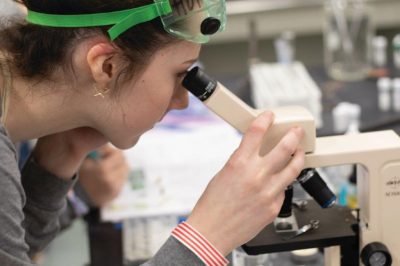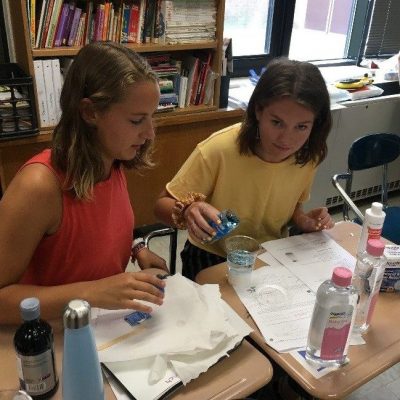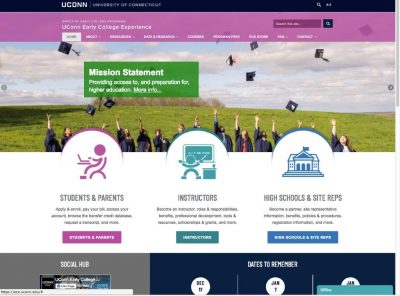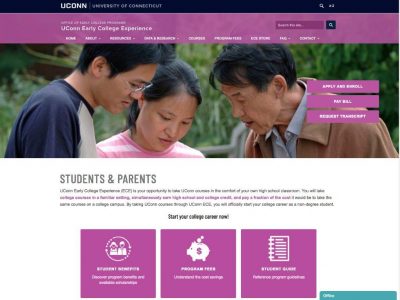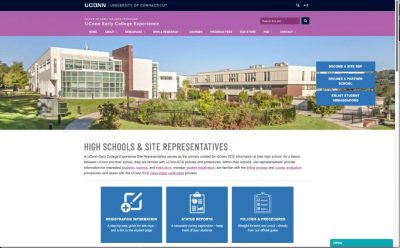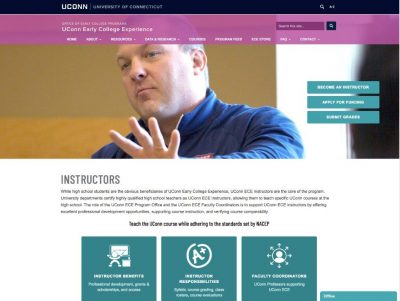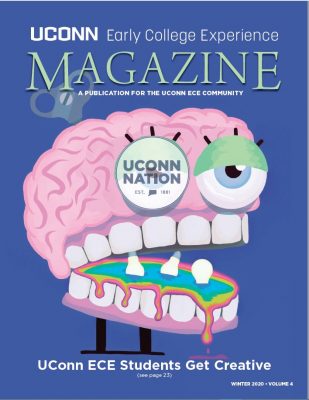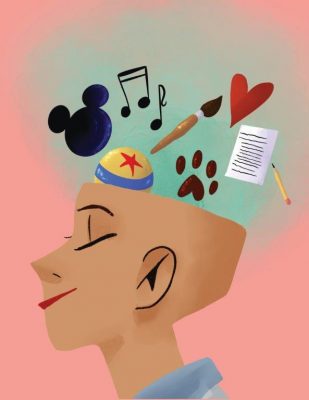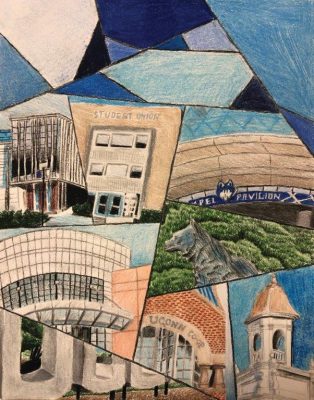By Brian A. Boecherer
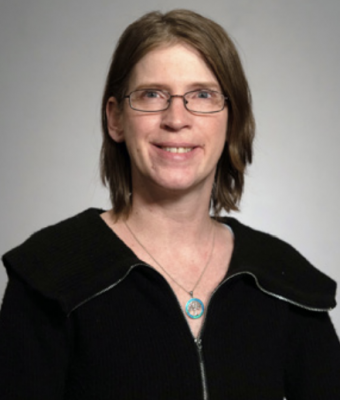
The office is experiencing another transition – Erin Blanchette – our long-time colleague has transitioned to another job at the University in the accounting division. We are sad to see Erin go, and her departure has left a noticeable hole in the office. We are, however, so happy for her, as this is clearly a good progression and a new exciting adventure for her. Erin joined the office in 2006 and has filled many positions over the years. Some may remember her as the registration coordinator and also assistant to the previous director. In more recent times Erin has led our financial area – modernizing student billing, collections, and developing a billing customer service presence for the office. Erin is also responsible for deepening our relationship with the Avery Point Campus and working with the leadership on that campus to host a UConn ECE Cardboard Boat Race in conjunction with Avery Point’s boat race. Erin created the UConn ECE store and has been a big part of our student outreach and UConn ECE marketing and branding. Not only has Erin accomplished much, she has created relationships that will last. Erin has been an important team builder in the office, instigating office lunches, holiday parties, birthday parties, and being one of the “special ingredients” that have made the office fun and familial. Erin leaves a lasting mark on the program and with whom she has worked. Thank you, Erin, for all that you have done to support the program and the people who make the program.
